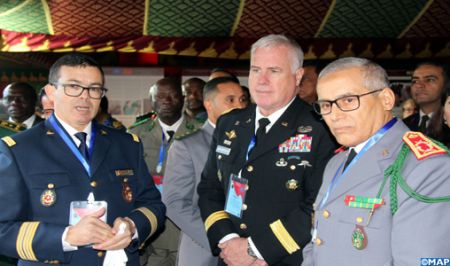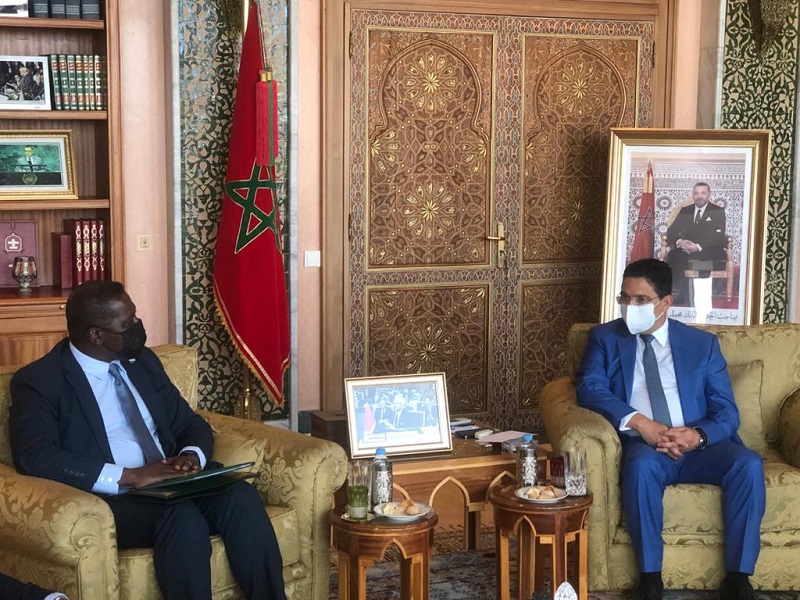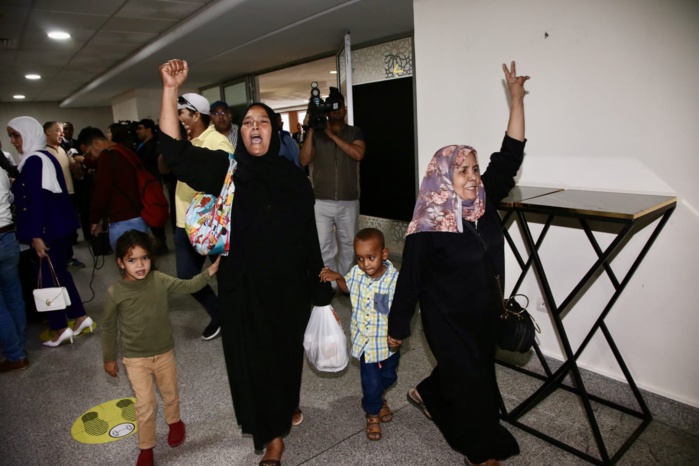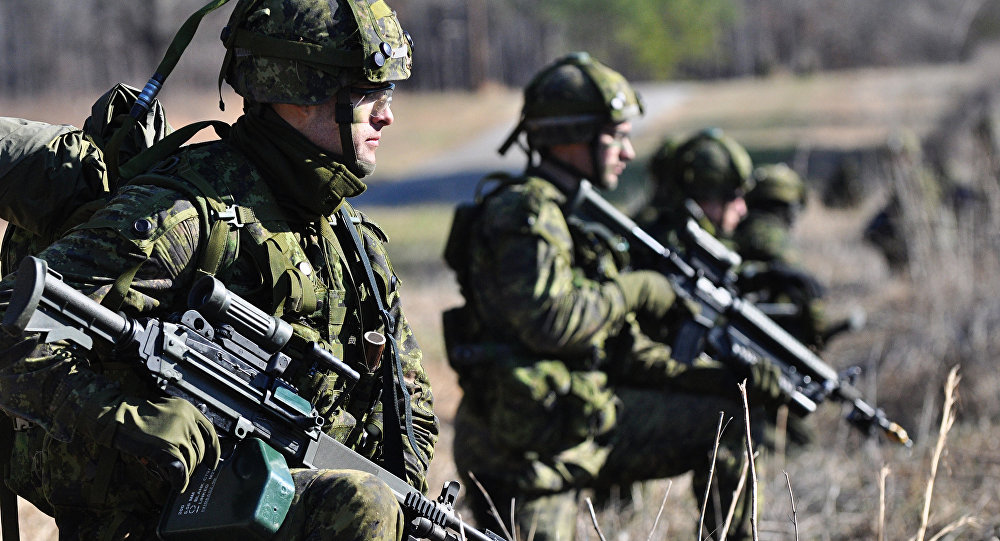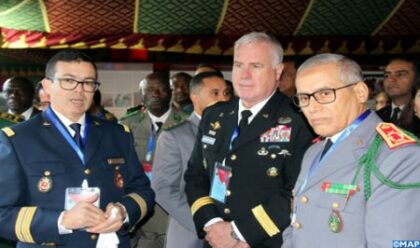 Morocco is one of the longstanding supporters and contributors of troops to the UN peacekeeping operations, has, since 1960, taken part in peace operations in Africa, Europe, Latin America and Asia, and is deploying over 70,000 Moroccan Blue Helmets Worldwide.
Morocco is one of the longstanding supporters and contributors of troops to the UN peacekeeping operations, has, since 1960, taken part in peace operations in Africa, Europe, Latin America and Asia, and is deploying over 70,000 Moroccan Blue Helmets Worldwide.
The data were revealed at an international seminar held at the headquarters of the Southern Zone of the Royal Armed Forces (FAR) in Agadir dec.9 to 11. This international meeting offers a platform to discuss and review the UN procedures for monitoring the performance of the different components of Peacekeeping Operations.
“In the face of increasing threats, United Nations operations must be adapted to the nature of current conflicts,” said Commander of the southern zone, Lieutenant General Farouk Belkhir at the opening of the seminar.
These challenges can only be addressed through a holistic, participatory and inclusive approach involving the different stakeholders, namely the UN Secretariat, field staffs, troop and police contributors as well as international and regional partners, the Lieutenant General said.
Amine Chabi, head of UN Affairs department at the Moroccan Foreign Ministry voiced Morocco’s commitment to the implementation of the UN Action for Peacekeeping (A4P), an initiative of the UN Secretary General, aiming to strengthen peacekeeping by spurring collective action by all peacekeeping stakeholders, including host countries, troops contributing countries, regional partners…
Amine Chabi also stressed the need to train the blue helmets and UN personnel to ensure the success of their missions and adapt peacekeeping operations to the security challenges on the ground.
For his part, the UN representative in the seminar Major General Hugh Van Roosen welcomed the event as a platform for fruitful debates of various stakeholders on means of improving the performance of staff, upgrading equipment and medical support, and promoting women’s participation as a performance factor.
In this regard, he stressed the importance of putting in place the appropriate resources to ensure better peace operations, regretting the fact that peacekeepers are still targeted during conflicts.
Improving soldiers’ conditions of intervention is a collective action that requires, among other things, capacity-building for troop-contributing countries and the provision of necessary equipment prior to deployment of forces.
